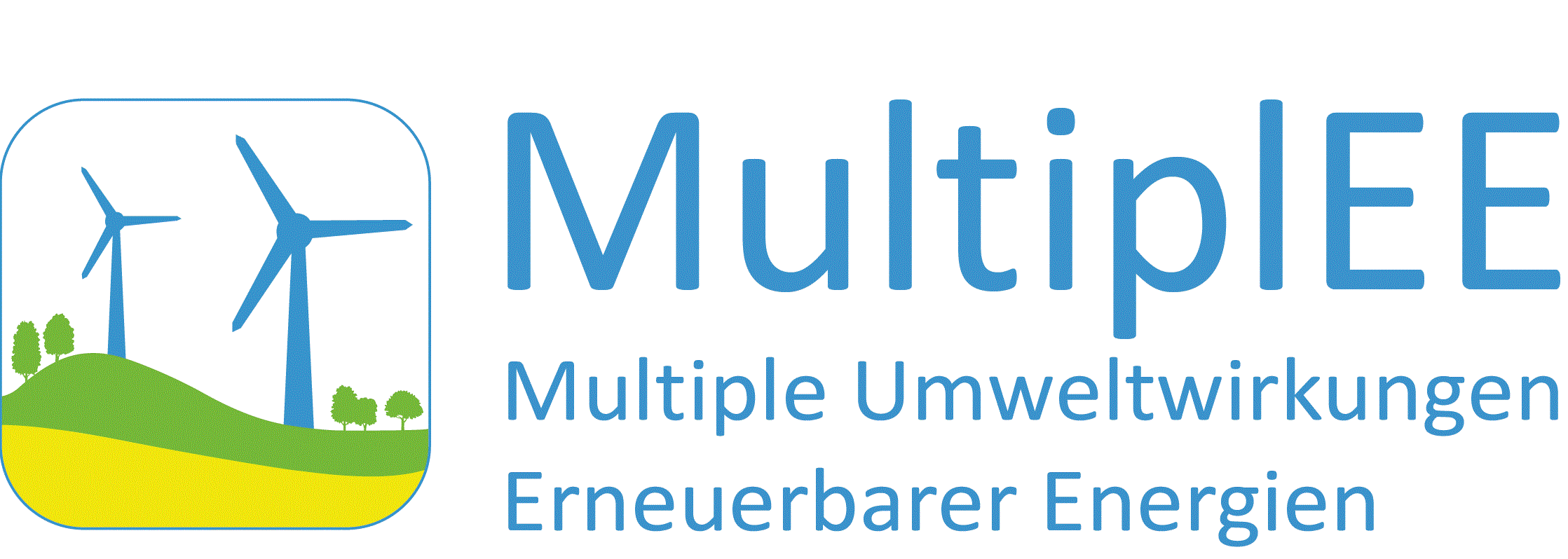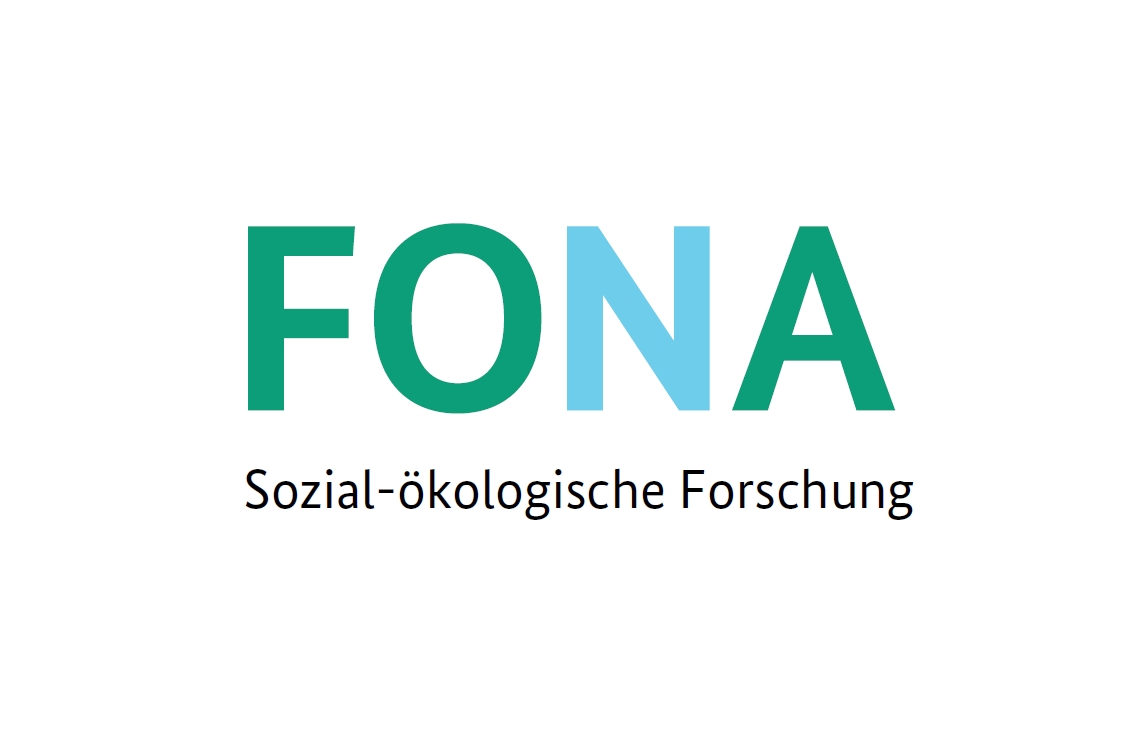Our challenge
The deployment of renewable energy sources (RES) aims to reduce the negative environmental impacts of conventional power generation, especially climate change. However, the RES deployment also affects the environment, for example by destroying natural habitats, producing noise emissions and changing landscape aesthetics.
Thus, the energy transition causes environmental trade-offs, for example between climate protection on the one hand and nature as well as landscape protection on the other. Such trade-offs must be considered when designing the regulatory framework for the energy transition in order to succeed the transformation of the electricity sector sustainably in the long term. This challenge is particularly evident as the German energy transition is still at the beginning: at present, about 30% of electricity consumption is RES-based. By the year 2050, this share is envisaged to rise to 80%.
Our goals
Against this background, our central research question is: How can the regulatory framework in Germany and Europe be designed to transition the electricity system towards sustainability, taking into account the multiple environmental effects of RES deployment? Our focus is on environmental impacts associated with the use of wind energy. However, we also consider interactions between the use of wind energy and other RES, such as bioenergy and photovoltaics.
As a result, we will develop concrete, practical proposals on how to design and adapt the policy instruments at the regional (e.g., the continuation of regional plans), national (e.g., the amendment of the Renewable Energy Sources Act) and European level (e.g., the implementation of the RES Directive).
Our contributions
- Environmental assessment of RES deployment. We identify and assess trade-offs (and synergies) between important sustainability goals which need to be considered when attaining RES deployment targets: nature and wildlife conservation, the protection of living environments and landscapes as well as the minimization of generation and system integration costs. We investigate how the spatial allocation of RES plants in Germany may affect these trade-offs. We also carry out empirical ecological studies to better understand the influence of wind energy use on bird of prey populations.
- Environmentally friendly energy transition through an instrument mix. We develop concepts for an intelligent combination of RES support schemes and planning and permitting law, with the help of which environmental trade-offs can be minimized. Inter alia, we analyze proposals to spatially differentiate RES support or strengthen planning approaches at the national level.
- Environmentally friendly energy transition in federal systems. We develop proposals for a better coordination of energy and environmental policy between the EU, federal, state and local levels. These are intended to ensure that political objectives and interests are reconciled at various political levels. Inter alia, we investigate how competencies for the spatial regulation of RES deployment should be allocated between different political levels.
Our approach
- Interdisciplinarity. In our research, we combine approaches from ecology, economics, political science and spatial sciences. As a core element of our research, we develop spatially explicit, ecological-economic models for RES policy evaluation.
- Transdisciplinarity. Our research contributions are developed in dialogue with partners from administration, politics, business and society. Together, we identify and prioritize environmental trade-offs related to RES deployment as well as suitable and politically feasible policy responses. The exchange takes place especially in the context of expert workshops.



